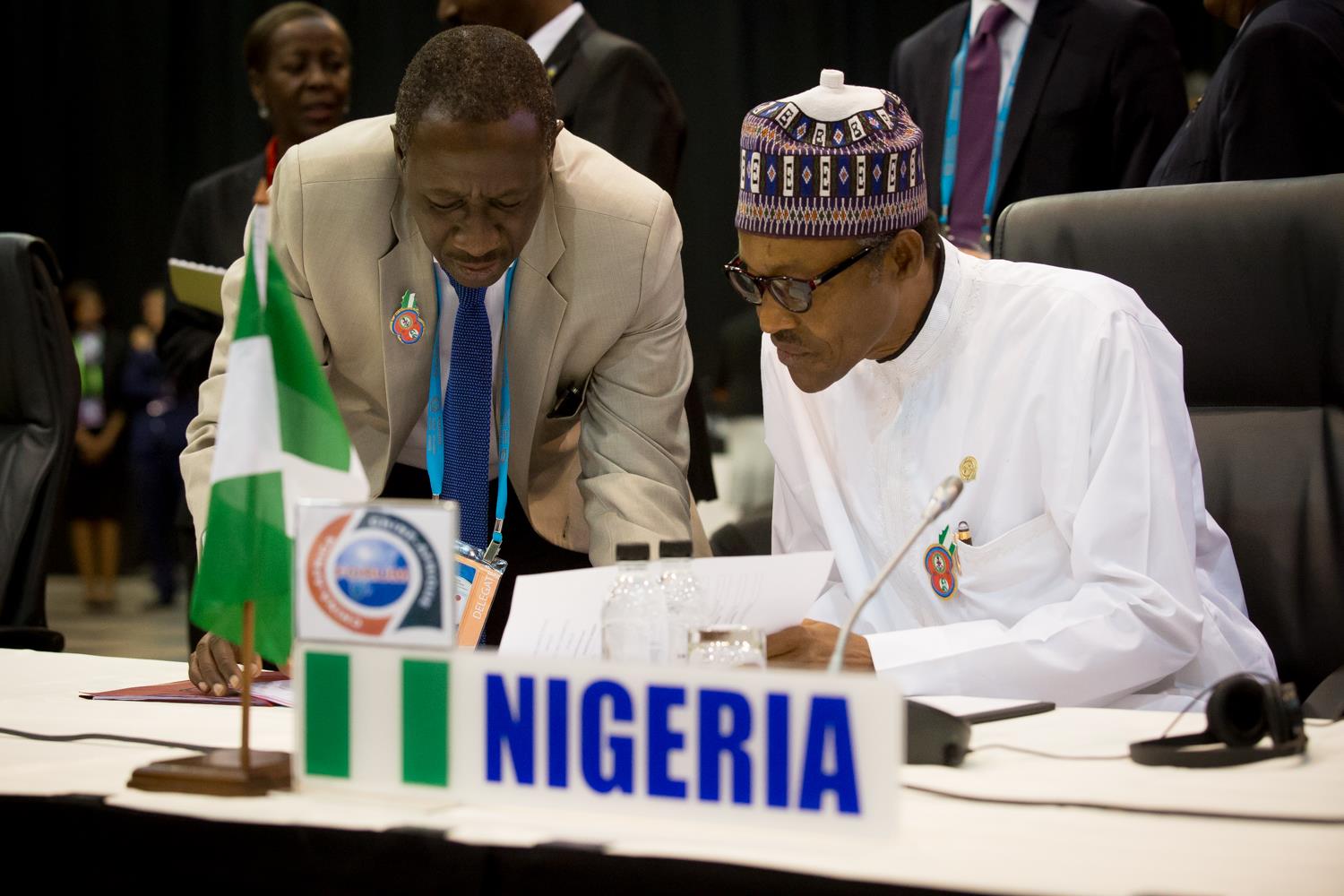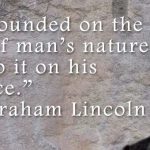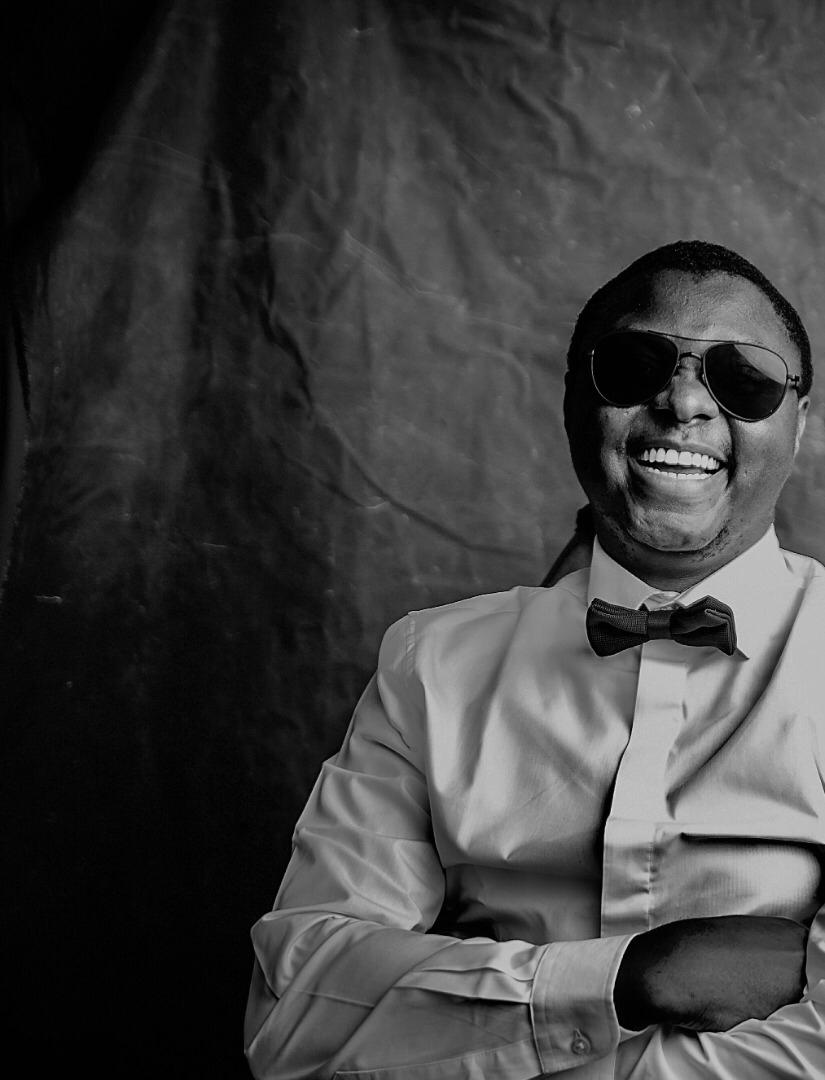One Year After: President Buhari’s Foreign Trips In Perspective
By Johannes Tobi Wojuola
It is a year since President Muhammadu Buhari assumed office. And within this time frame, he has visited countries in Africa, Asia, Middle East, Europe and North America. About a week back, he returned from London on yet another foreign visit. It is to be recalled that in fact, President Buhari started his first week in office with trips to Niger, Chad and Germany. The travelling President, some may rant.
In recent months, the President’s trips were made the subject of discourse: from the print, to the electronic, to the social media. Some critics have asked why President Buhari cannot spend time at home to deal with the myriad daunting problems that Nigeria is facing. Some are even worried that his frequent travels constitute distractions to him. Yet, there are those who cynically ask what gains the frequent travels have brought to Nigeria.
Convinced of the “negative impact” of the President’s travels, some analysts have gone to the extent of concluding that the trips constitute a serious drain to the nation’s lean purse; arguing on the cost associated with running the Presidential Aircraft, retinue of Presidential staff and other government officials in tow on these trips.
This small, but virulent minority believes and expects that benefits from the President’s external trips must be immediate, quantifiable, visible and commensurate with the financial cost of undertaking them. So vociferous and strident is this view point that the public narrative of President Buhari’s handling of his foreign policy in the last one year has come to be defined in pejorative terms of the President’s disinterest in managing Nigeria’s domestic affairs, frivolity, lack of commitment and outright waste of state resources.
Those who hold these views are entitled to their opinion; after all, freedom of expression is a cardinal tenet of democracy. Under Nigeria’s bourgeoning democracy, one should expect no less than an unfettered democratic space for people to vent their feelings as enshrined in the country’s constitution. What is problematic with this unfettered expression of freedom is the fact that critics of the President’s foreign policy management want to assume centre stage in their narrative.
At this point in Nigeria’s tough journey – post an administration that ineffectively managed a war against terrorists in the North Eastern parts of the country; allowed an untrammeled stealing of Nigeria’s resources and lived with a monotonic focus on crude oil as the major source of revenue – the President can ill-afford to cocoon himself in the confines of Aso Villa to fix the myriad of problems we currently face; there is no country that can stand alone in this face of challenges. Mutual partnerships and relationships must be forged to tackle these issues that are in truth extra-territorial.
Many people are not aware of the fact that the President’s travels, apart from those that he has undertaken, and rightly so, to attend multi-lateral meetings such as the United Nations, African Union, the Commonwealth and others, every other visit has been at the invitation of the Sovereigns (Heads of State or Government) of the countries he has visited. An Official or State visit of any Head of State to another is a mark of great respect for the visitor. It follows therefore, that when a Head of State does not receive an invitation from a colleague somewhere to visit, it means one of several things: the Head of State does not enjoy the respect of his peers; there are ongoing differences or disputes, or simply the Head of State has some issues with the International community. Fortunately for Nigeria, this is not the case under President Buhari.
By this reasoning, it follows that the invitations extended to President Buhari are indicative of the regard he is held with by his peers. Indeed, Mr. President came into office with a commodity that is in very short supply today and this commodity is called TRUST. His election in 2015 in a free, fair, credible and transparent election attests to the trust that the overwhelming majority in Nigeria has in him. He did not assume office with any legitimacy deficit. On the contrary, he emerged as a leader that Nigerians believed in and trusted to the extent that they gave him the mandate to lead the country.
An undiscerning mind would take for granted that a person’s integrity counts for nothing at the international level. This is a fallacy that must be discarded. In the global arena, persona and perception are two sides of the same coin. Mr. President has received invitations to participate in meetings that were reserved for a select few. It was a matter of pride to hear leaders of the G-7, all of them advanced democracies, where the quality of governance is assured, refer again and again to President Buhari’s integrity. This has resonated every where he has visited. For the avoidance of doubt, integrity is not only in short supply, more especially, with regard to African leaders, but even more so, it cannot be bought off the shelf of shop in a mall.
President Muhammadu Buhari is easily the most powerful leader in Africa. In the West Africa sub region his influence is palpable. Only two weeks ago, President Buhari hosted in Abuja the second Regional Security Summit with the theme, Consolidating Collective Efforts for Regional Peace and Development. Hosting the conference reinforced the primal role Nigeria now plays in regional security affairs. Significantly, in attendance were President Francois Hollande of France, the Heads of State of Niger, Togo, Benin, Senegal, Chad, Cameroon, Central Africa Republic, Equatorial Guinea, Gabon, and Ghana, Ministers from United States, United Kingdom, and the People’s Republic of China, and plenipotentiaries of the UN, EU, AU, ECOWAS, World Bank, IMF, and Lake Chad Basin Commission.
In February early this year, politicians in Niger Republic, Nigeria’s neighbours to the North, were seen using President Buhari’s picture side by side with theirs – presenting themselves to have Buhari’s most cherished and rare trait, integrity. The campaign trucks of the current President who was then seeking a second term displayed President Buhari’s picture beside his. And it was not surprising that grass-root politicians there called themselves “Buharin Niger”.
Leading from the front in the areas most deficient and affecting African countries – anti-corruption and good governance, economic prosperity and security – has earned President Buhari this global adoration.
It was not fluke or casted lot when President Buhari was invited to the Anti-Corruption Summit hosted by Britain’s Prime Minister, David Cameron; he wasn’t just invited to attend, he was also designated the prominence of delivering the Summit’s keynote address: Why We Must Tackle Corruption Together. The summit, a first of its kind sought to galvanise a global response to tackle corruption, a move that President Buhari is already leading in sincerity and action domestically.
President Buhari’s international prowess, respect and acceptance has fetched many benefits for Nigeria in the kitty. The obvious is the refacing of Nigeria’s image abroad. With a leader that brings a rare commodity to the table, the corollary is the renewed opinion now held about Nigeria and Nigerians by foreigners.
Financial benefits, though not immediate as we will all have loved in these times of dwindling earnings, are Nigeria bound. Through investments, repatriated funds from Nigeria’s stolen commonwealth stashed in foreign havens, grants and aids, the fruits of these trips will be felt soonest – especially given the prudent management known of President Muhammadu Buhari.
The foreign policy of the Buhari administration leans towards fulfilling the tripod mandate which he campaigned on: To secure Nigeria and her people, to fight corruption and to rejuvenate the economy. He has embarked on trips geared at fostering the needed relationships and supports that would make his roadmap for Nigeria a reality.
Long term and sustainable relationships underpin the goals of each journey. Nigeria is headed towards reclaiming its Big Brother role in Africa. And trip by trip, the giant of Africa itches out of her slumber.
Johannes Tobi Wojuola is a Lawyer, and a Global Shaper at the Abuja Community Hub.



What do you think?